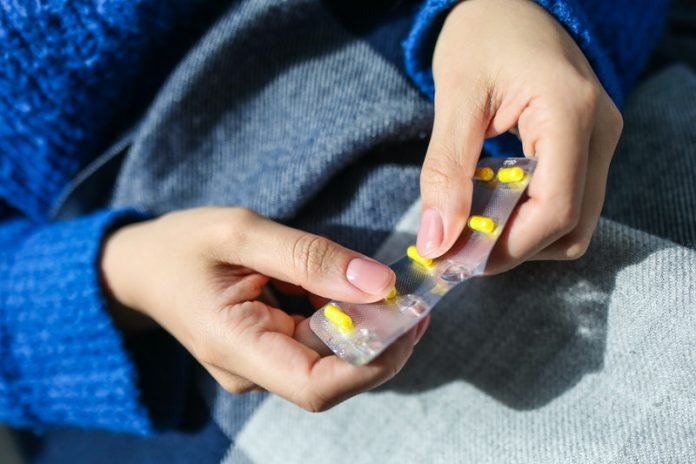
Drug fluvoxamine is used commonly to treat obsessive-compulsive disorder (OCD), social anxiety disorder, and depression.
In a recent study at Washington University School of Medicine in St. Louis, researchers found that in COVID-19 patients with mild-to-moderate disease, fluvoxamine may prevent some of the most serious complications of the illness and make hospitalization less likely.
The study is published in the Journal of the American Medical Association. One author is Eric J. Lenze, M.D.
In the study, the team tested 152 patients infected with SARS-CoV-2, the virus that causes COVID-19.
They compared the outcomes of those treated with fluvoxamine to the outcomes of those given an inactive placebo.
After 15 days, none of the 80 patients who had received the drug experienced serious clinical deterioration.
Meanwhile, six of the 72 patients given placebo (8.3%) became seriously ill, with four requiring hospitalization.
The team found the patients who took fluvoxamine did not develop serious breathing difficulties or require hospitalization for problems with lung function.
The team says that fluvoxamine is in a class of drugs known as selective serotonin-reuptake inhibitors (SSRIs), but unlike other SSRIs, fluvoxamine interacts strongly with a protein called the sigma-1 receptor.
That receptor also helps regulate the body’s inflammatory response.
There are several ways this drug might work to help COVID-19 patients, but it most likely that the interaction with the sigma-1 receptor reduces the production of inflammatory molecules.
Previous research has shown that fluvoxamine can reduce inflammation in animal models of sepsis, and it may be doing something similar in our patients.
The drug’s effects on inflammation could prevent the immune system from mounting an overwhelming response, which is thought to occur in some COVID-19 patients who seem to improve after a few days of illness and then worsen.
Many of those patients end up hospitalized, and some die.
The researchers will begin a larger study in the next few weeks.
Although this initial study involved patients in the St. Louis region, the next phase of the research will involve patients from throughout the country.
Copyright © 2021 Knowridge Science Report. All rights reserved.



